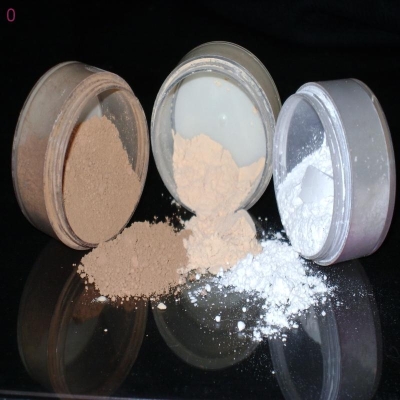-
Categories
-
Pharmaceutical Intermediates
-
Active Pharmaceutical Ingredients
-
Food Additives
- Industrial Coatings
- Agrochemicals
- Dyes and Pigments
- Surfactant
- Flavors and Fragrances
- Chemical Reagents
- Catalyst and Auxiliary
- Natural Products
- Inorganic Chemistry
-
Organic Chemistry
-
Biochemical Engineering
- Analytical Chemistry
- Cosmetic Ingredient
-
Pharmaceutical Intermediates
Promotion
ECHEMI Mall
Wholesale
Weekly Price
Exhibition
News
-
Trade Service
Researchers have mapped the chain of responses to the fullness signals people send to their brains after eating hearty protein.Researchers have mapped the chain of responses to the fullness signals people send to their brains after eating hearty protein., published in Cell, details a complex chain of reactions activated by protein digestion, which sends a signal of satiety to the brain after a meal. They outlined the process by which people's gallbladder and brain signals of satiety are transmitted after eating a protein-rich diet. Understanding this process could pave the way for future research on obesity prevention.,
Gilles Mithieux
of the University of Leon in France and the study's authors, said the findings give obese people a good vision for effective weight loss. The findings also explain the fullness effects of protein diets, which we have long known but have not explained, and provide a new understanding of diet and hunger, which is likely to provide a new way for people to tackle obesity in the future."Study DetailsResearchers reveal that feeding can be regulated by
μ
acea
order
, which is closely linked to morphine in the main blood vessel wall nerve of the gallbladder (door veins). This set of subjects stimulates and antagonists increase food intake. Digesting food protein stimulates
μ
apopatesto suppress appetite, and peptides send signals to the brain to regulate the gallbladder to stimulate the small intestine to release glucose.Mithieux
stressed that mice who ate a high-protein diet because of their lack of genes for
μ
apopate-infesteddid not release glucose or feel full in this way.
μ
the use ofis linked between human neurons and door veins, and this mechanism may become clearer with the researchers' research. The team will focus
μ
figuring out howopioid-controlled body can control satiety over the long term.Mithieux
that if the subject gets used to the excitement state, it will become insensitive. So we have to find ways to activate them for long-term control of feeding.







